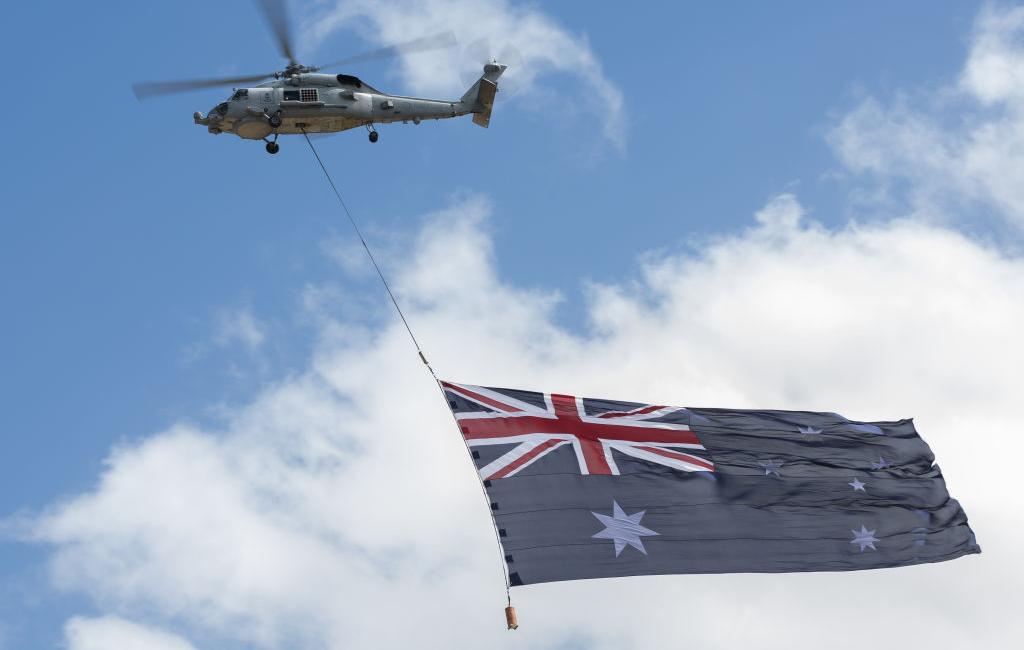Commentary
Attending Christmas Midnight Mass back in the 1990s, I heard an inspiring sermon by the celebrant that night. When concluding, the priest wished us in the congregation a Merry Christmas with the words: “I wish you the Peace of the angels that sang and touched the earth that first Christmas night.” Those words have remained with me for over 25 years.





